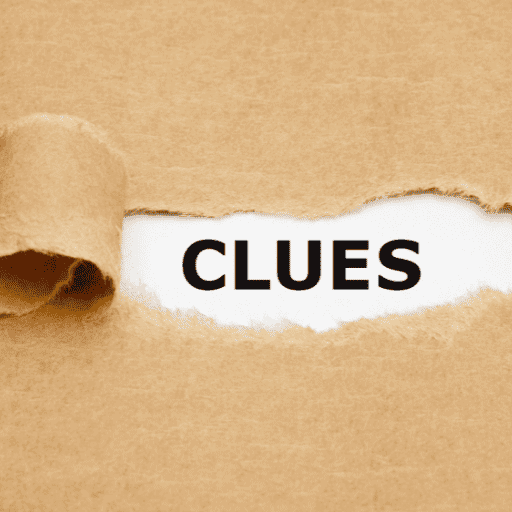Berard-Based Auditory Integration Improves Communication
How to Help When Communication Challenges Exist
1. Observe
2. Change your response
3. Observe some more
4. Encourage a new habit
What Behaviors Indicate Communication Challenges?

- Does talking more slowly improve listening and comprehension?
- What happens when you give others more time to respond?
- Kindly check for understanding by sharing what you think they meant to say. They will gladly nod in agreement.
Here are a few ideas for when you wonder, Are they sharing or asking for help?
- Sounds devasting. Would you like …
- Actively listen using body language like head nods, a brief word, and focused attention.
Did you kow that sharing helps us process our thoughts: emotions and experiences?Improve relationships by meet communication needs.
What Are Your Communication Challenges and Needs?
Improving communication is a mixture of meeting their needs while understanding your own needs.
- Do you interrupt causing another to get upset?
- If you have trouble remembering a thought, write down a keyword.
- Can you listen longer when the background is quiet?
- If yes, minimize distractions by turning off the television or radio.
- Minimize misunderstandings by:
- Summarize what you heard to check for understanding.
- Stop and focus on conversation.
- When in doubt, ask questions.
- Ask the listener to share what they heard checking of their understanding.
- Schedule a FREE Consultation
Just Because It Is Your Norm Does Not Mean That It Is Normal
Communication difficulties in all ages affect behaviors. When it is someone’s everyday experiences, they have no idea what to share that might provide a clue towards receiving help. Since these behaviors persist, often from birth, loved ones may perceive behaviors as personality traits. Equally challenging, a diagnosis fails to fully explain the behaviors associated with the diagnosis.
For example, a diagnosis like Autism fails to fully explain why your loved one has communication challenges. However, knowing that a diagnosis like Autism is associated with a high risk of hidden hearing loss helps you recognize the need to learn more.
Those with ADHD, Dyslexia, and Central Auditory Processing Deficits struggle with organizing their thoughts making it harder to say what they want to say. Thus, you cope by talking more than listening. Thinking out loud helps you check for understanding, organize your thoughts, and decrease the need to listen to others talk. Have to love those subconscious, survival behaviors.
I request hearing tests for my clients that require no response. We also complete activities to prepare you for your hearing evaluation which provides you with a sense of security. Regardless of your age, you can improve listening and expressive speech.
What Do I Do Now?
First, know that you are not alone. Knowing the right questions to ask is very difficult when you are unaware that difficulties exist.
For example, sounds can be distorted, mixed up, or absent in a word. Thus, remembering what was just heard is more difficult. Also, a person can struggle to instinctively know the distance between their hand and an object. Thus, they more easily knock something over like a water glass and drop objects.
Unfortunately, these are traits we attribute to distracted kids, hyperactivity, or people who are clumsy. I challenge you to ask if there are there medical reasons explaining these challenges.

Second, purchase a Moore Auditory-Visual Questionnaire (MAvQ). The purpose of the MAvQ is to uncover the reasons behind behaviors associated with sound intolerance, auditory processing difficulties, visual processing difficulties, hearing loss, and more.
One of the greatest benefits of each client’s Moore Auditory-Visual Questionnaire is its impact on relationships. Each question opens the door to communication. Pre-questionnaire observation activities help you look at your loved one’s behaviors from a new perspective.
Behaviors Are “Hidden” Clues
Auditory processing, mild hearing loss, and visual processing difficulties are often referred to as hidden. Thankfully, they are not actually hidden. Your loved one’s behavioral responses during listening, conversations, and actions can provide you with clues regarding their communication challenges. For example, does your loved one avoid or seek auditory stimulation by wearing headphones or earbuds?

When you stop to observe your loved one with intention, you gain a whole new understanding of their world.







0 Comments